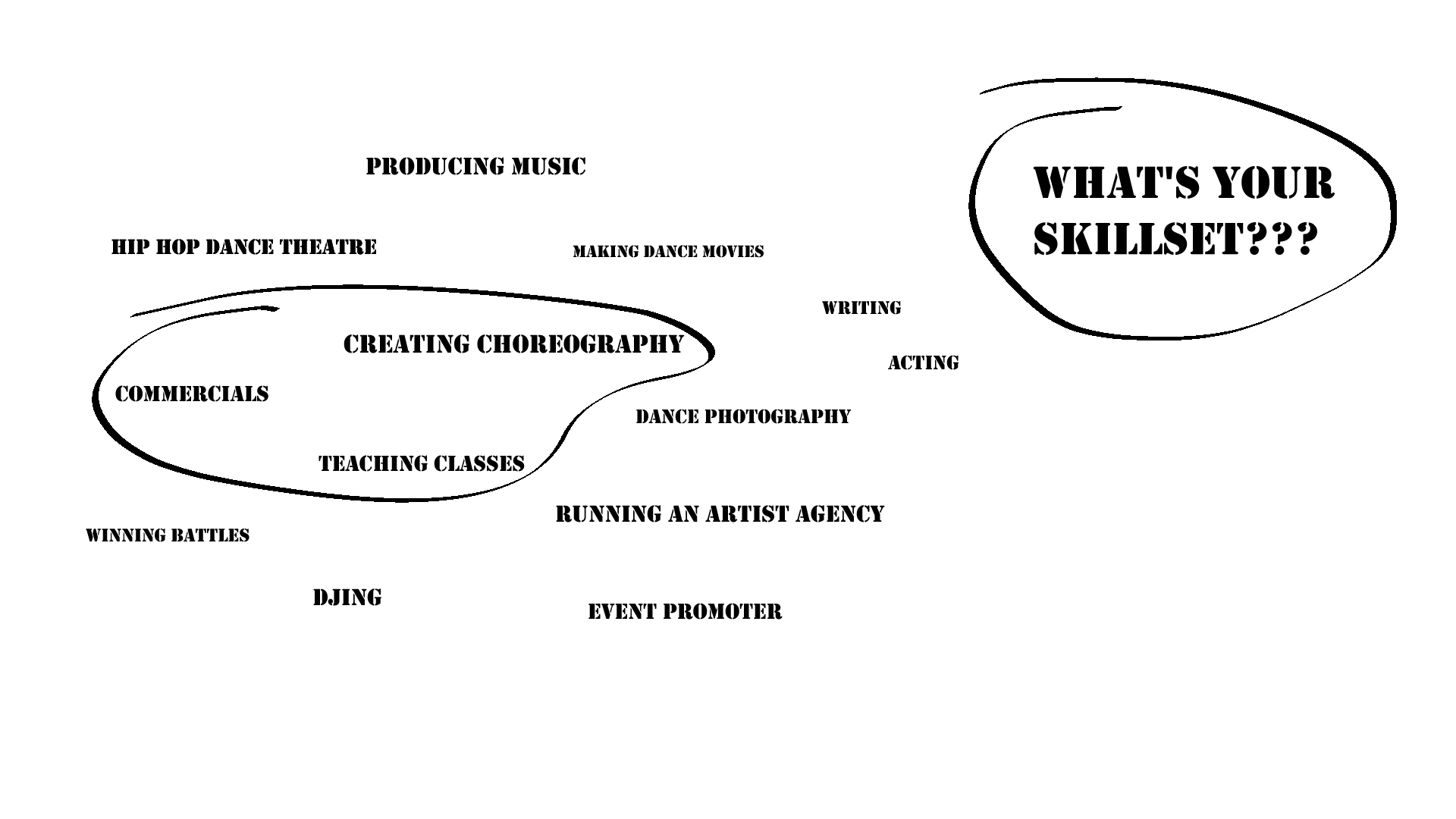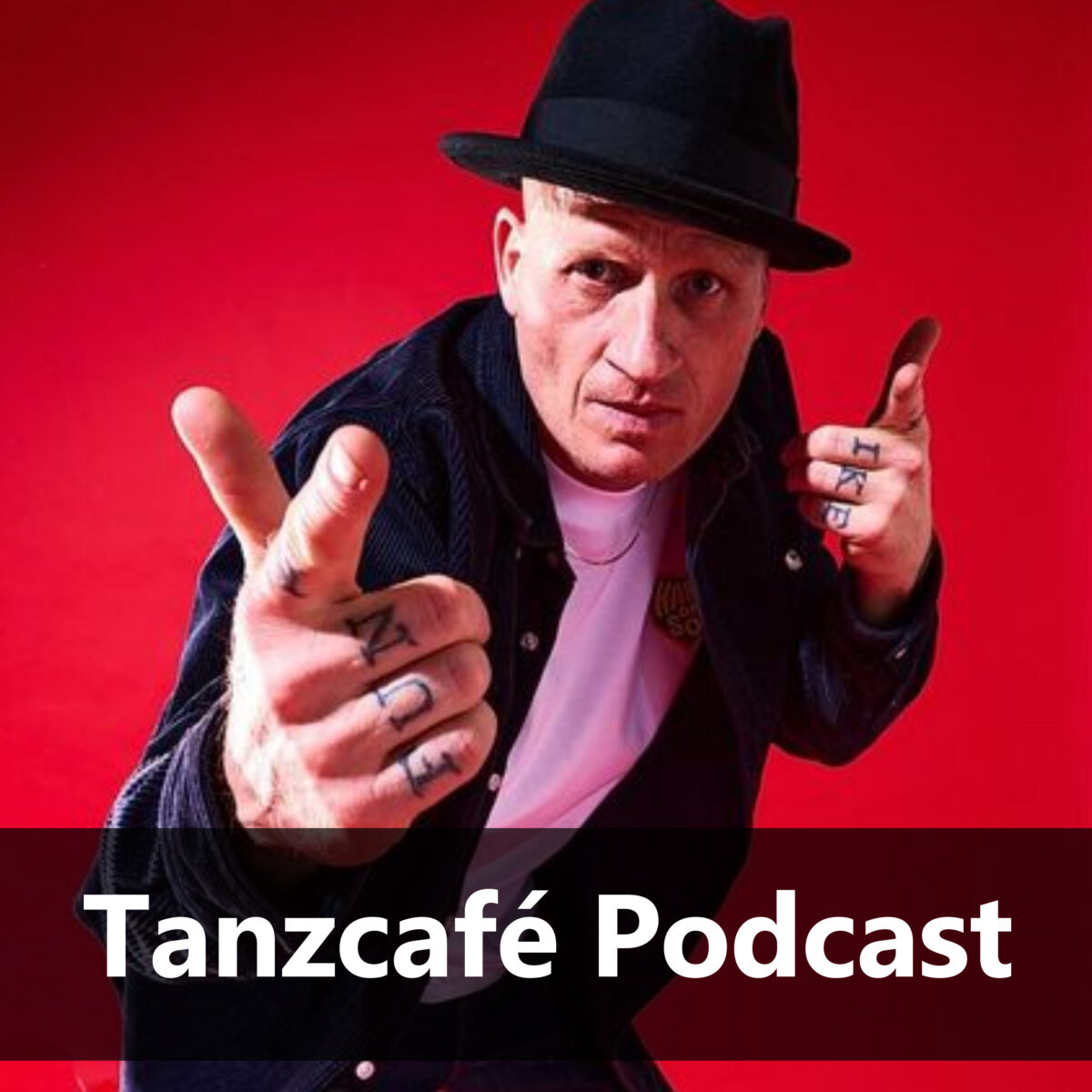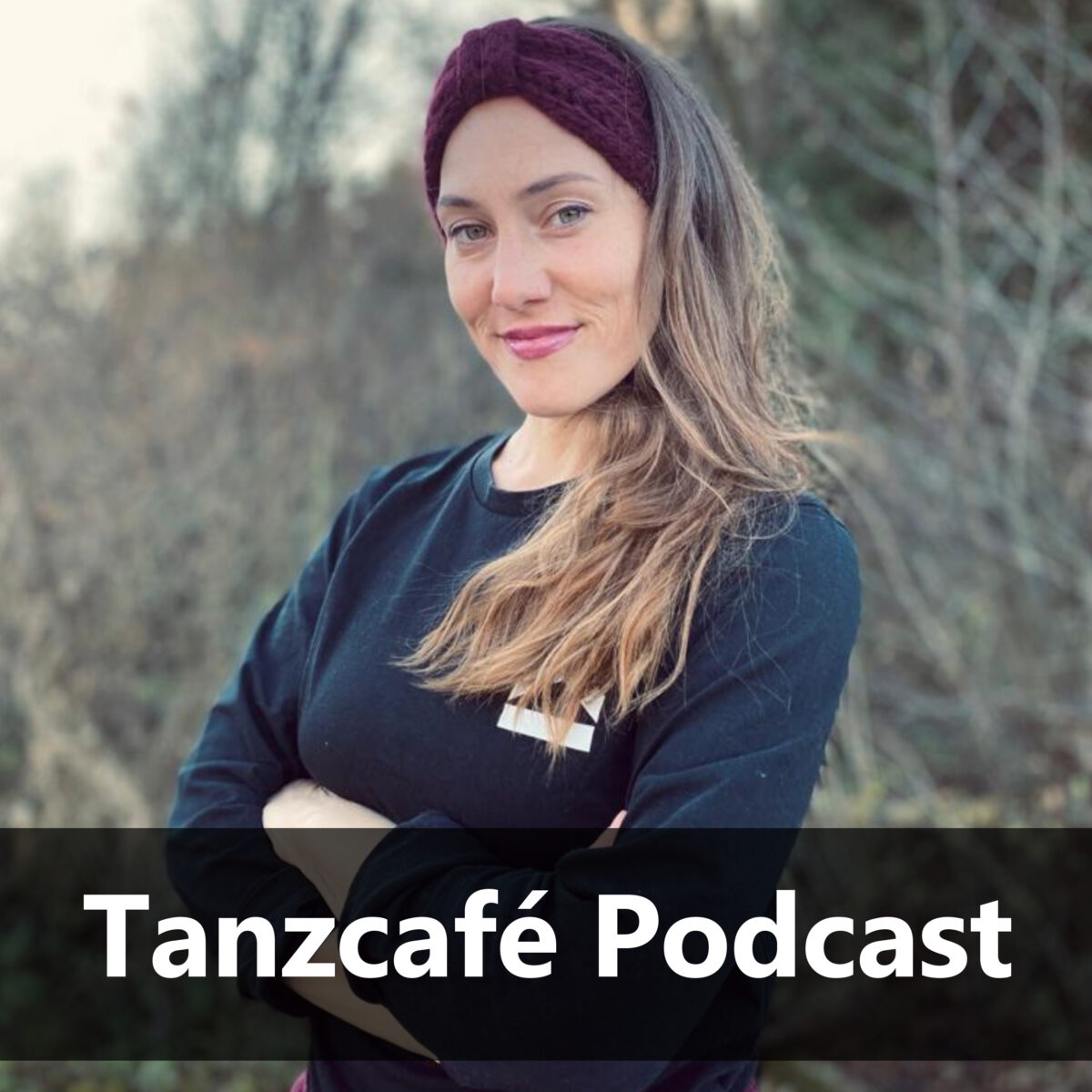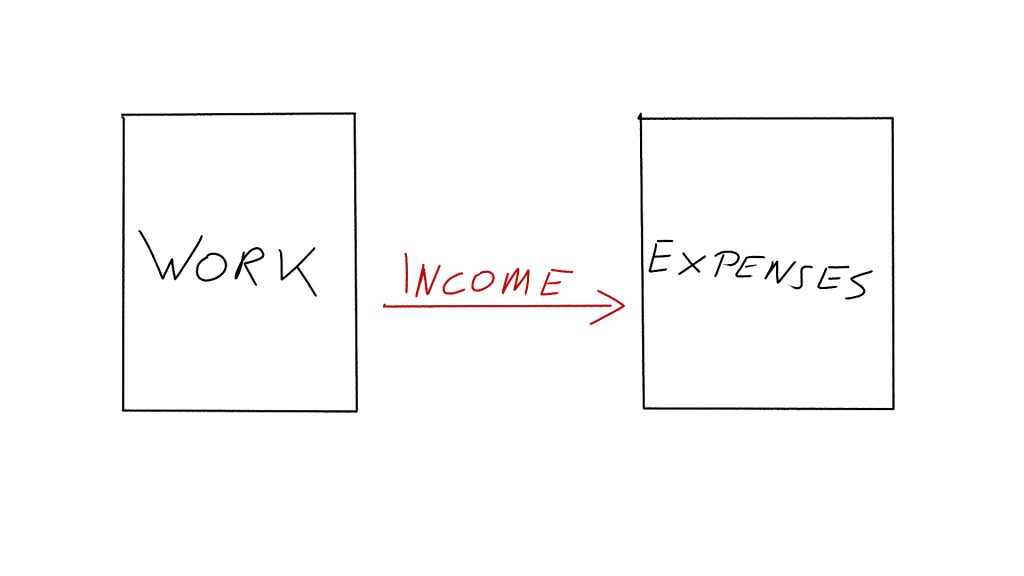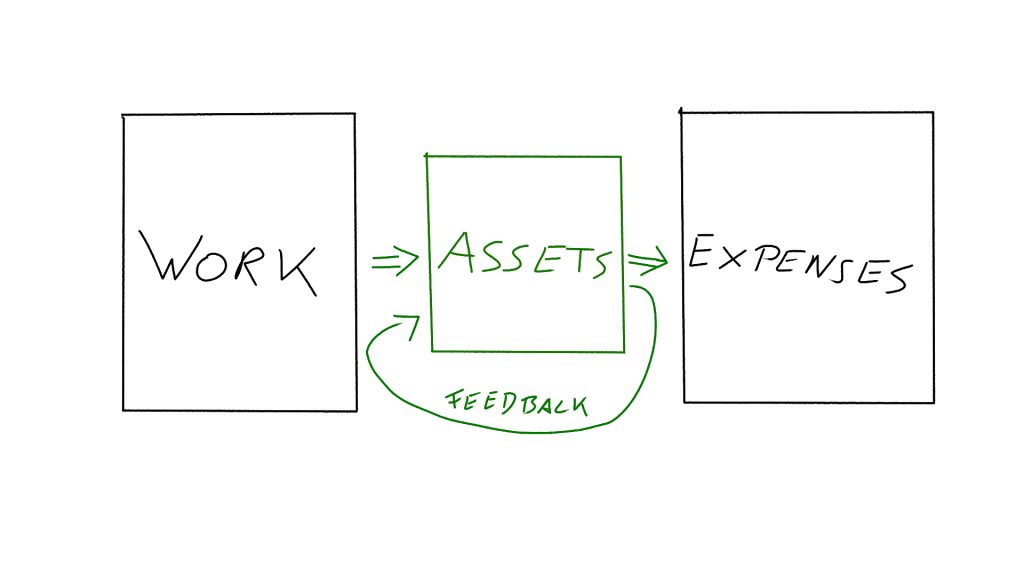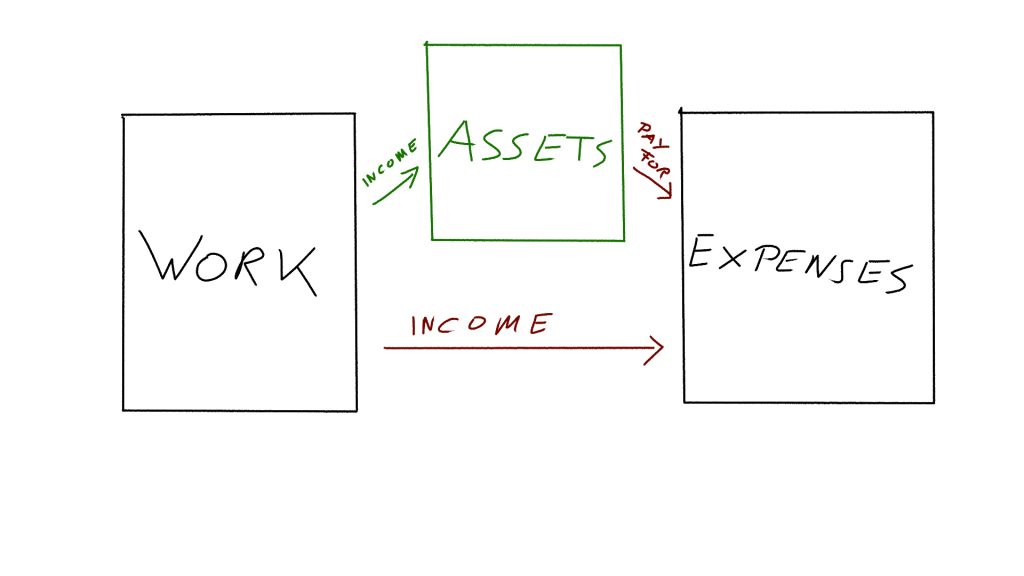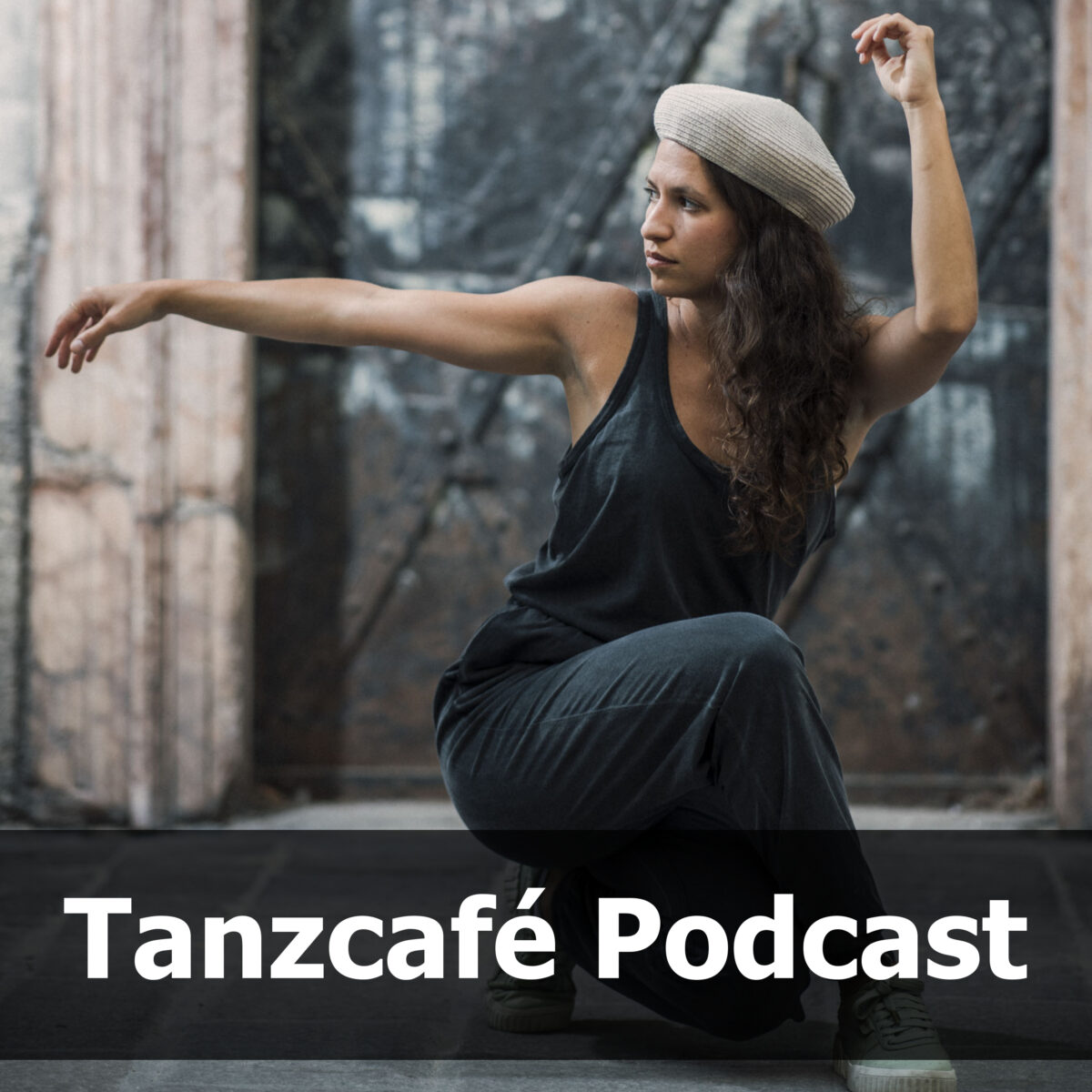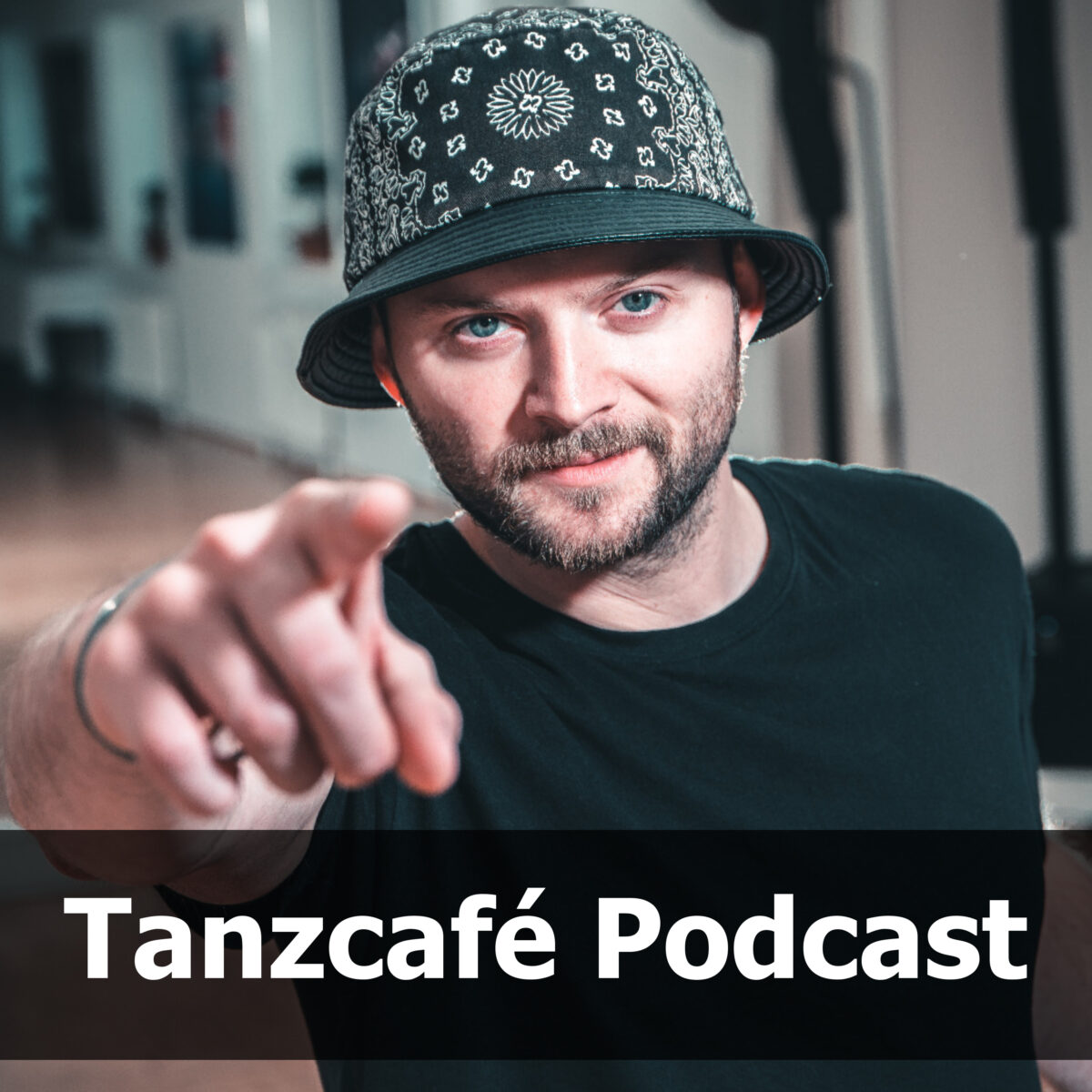We already talked about the elements we need to master to run a dance business (and I strongly believe it is the same for almost every other business) and become a professional dancer. What we did not cover are the actual possibilities that we have to create income. I separate those into primary possibilities and secondary ones. The primary ones are the things that directly involve your dancing skills, and the secondary ones are things that you can apply your dance knowledge to and therefore turn into dance-related work.
Let’s look at the primary ones. While all of these are very diverse on the inside, you can split it up into four general activities.
Performing can be summed up as “dancing for an audience”. It is not relevant what kind of “piece” you perform or in what “stage situation”. Productions can be contemporary pieces, dance theatre, musicals, commercial shows, street shows and performing for movies, music videos or ads in front of a camera. If you put in the work, performing can bring you a stable income.
For most of us, performing is done on a freelance base where you write an invoice and must take care of everything tax-related yourself. If you are lucky, you can get into a standing company that can employ you. In this case, they would pay for your insurance and tax. The downside of performing is that it is not completely in your hand how many shows you can do because you never know how many gigs you will book.
Teaching is your solid base for any dance business
Out of these four primary work fields, teaching is the one that is most reliable in terms of a steady income. It might not be the one you can earn the most money with, but it provides stability and security. As soon as your classes are established and running, you know how many people come to you. Therefore you know how much cash will be in your pocket at the end of the month.
Teaching can be done as a freelancer or employed. Depending on the laws in your country, only one of these options might be legal. The downside of teaching: if you have a lot of classes, it might feel like a regular job and can get boring if you are not good at motivating yourself.
Choreography
Creating the choreography for performances, shows or camerawork is one of the opportunities that can earn you a lot of money in a short time. If you are booked by a big production to do this job you develop the dance and rehearse with the cast until they can do it. Then your job is done.
While they do the performances, you are already good to go and work on the next job. Downside: You need some strong references or a good network to book the jobs that pay well.
Competing is part of the marketing for your dance business
You can earn money by winning battles. There is price money out there. But the events that have a proper amount of it are rare, and the competition is fierce. If you are not top of the pops – this will not work.
In my opinion, competitions should never be seen as an income stream. There are other reasons to join competitions like building your name, testing your skills and having fun, but for most of us, it is not an option to rely on.
So far, so good. Let’s look into some secondary possibilities that can directly benefit your dance career development:
Working in or running an artist agency
An evergreen that has tremendous value. If you are doing the booking in an agency that books dancers, you might be able to book some good jobs for yourself or your crew. As no serious agency gives gigs to people they don’t know, you will meet many people aspiring to a dance career that might be future colleagues on stage.
Therefore you are sitting on the source for jobs and potential new colleagues. Of course, your agency needs to be cool with you doing this, but if you do great work and have the skills to convince on stage, there should not be a problem. On a side note: if you are running the agency yourself, it’s no problem at all.
Producing stage pieces
This one is big. It is a shitload of work but can pay off. I live in Austria, and at the time I started there was no hip hop dance theatre in the country. In 2006 we started working on changing that – and we did. In the last ten years, Austrian dance companies, crews and solo artists created more than 15 pieces in a genre that did not exist before in our country. I call this good work. *brofist to everyone who did a piece or show; you know who you are*
At the start, most people tend to choreograph and dance in the pieces they produce. So you just created the opportunity for you to do more work. If you are creating pieces for more dancers, you start meeting new people again and grow your network.
Making the event
Creating Dance Events is as big as producing for the stage. You help your scene to grow. You build opportunities and depending on your kind of event, you get to dance yourself. Possible events are jams, competitions, theatre, workshops and so on. You can get creative with this one. The best thing about making events happen is that you meet many people who dance too. If you treat them well, they will eventually become a great addition to your professional network.
And now on to some possibilities where you can fill a niche that might be unreachable for someone without a dance background.
This list is a bit longer and more creative than before. Most of the following jobs are perfectly doable without any dance knowledge. But being able to dance or having the daily practice you need to stay on top of your game will give you an edge. Sometimes, you can use your knowledge to become an expert in a niche, which is always an advantage. The list is in no specific order.
Photography/Videography
I put those two together, which does not mean you need to do both, but all points are valid for both. Every event that wants to grow requires proper documentation or ads. As a dancer, you better understand what to shoot and can produce better images. You can also use this to create products like photo books, prints or movies that might give you some income through sales.
Writing
Dancing is trendy at the moment, and many companies are investing in the scene to grow their revenue. If there is some expert knowledge needed for blogs, copy, or whatever, your experience sets you apart from the people who can write but know nothing (like John Snow). If you have valuable stuff to say, you might be able to publish a book and create income through sales. Especially when you are writing for companies and brands, knowing your way around the principles of search engine optimisation pays off a lot, as your text will create constant traffic via organic search.
Be it on your own channels, TV productions for upcoming big events, or online live streams. Breaking (which we don’t call Breakdance, remember?) is slowly entering the realms of sports and sports have commentators. With Olympia 2024 incoming, all the qualifying events that lead up to it and even existing events like the yearly Red Bull BC One World Final, which already has multilingual commentary, the demand for dance expertise will only rise.
Acting
Sometimes a role asks for someone well versed in moving and doing stuff with his body that untrained people can’t. I produced short movies myself and heard more than once that it is so refreshing to see “actors” on the screen that know how to move.
Modelling
Most dancers that practise hard have a physique that goes well with being a model. As you train your body regularly, you are always in shape when a request comes in. I have many colleagues who model and dance back to back. The only bad thing about modelling: if you are a living photobomb like me, it does not work.
DJing
Dance needs music. The DJ provides it. While you are not actively dancing behind the decks, you are there at many events and get paid. At good events, the DJs do not have to work the whole night alone. In that case, there is still time to hit the cyphers when your backup is playing.
Producing Music
Go for it when you have the taste and skills to create danceable music. Dancers are always on the search for new music. If you can deliver, you have nothing to worry about. This is another one that can add money from selling your music or through royalties.
Fitness Trainer
New trends are coming up in the fitness world every day. At the moment of this writing, Breakletics is a thing, as well as dance fitness. If you are into this stuff, you can seriously pimp your income because people are fast in spending money on their “healthy lifestyle”. I did some of those earlier in my career, and these were the most profitable classes with the most participants I ever had. And this might go very well with being a fitness model for the club you are working at.
Yoga/Pilates/whatever teacher
This one could also be in the other category (stuff that aids your dance career). Some people get deep into Yoga, Pilates, Feldenkrais or similar practises. While I know, those are very different, this makes no difference from our business perspective. Teaching might come naturally to you if you get deep enough into something. That is the case here. Like the fitness trainer above, it is a chance to add substantially to your income. Some of my friends established themselves as dance experts in physiotherapy. A smart move, and it works. Maybe you can design a yoga class tailored to the need of dancers.
Judging
If you build yourself a reputation that will get you invited to judge significant events, then you can earn money by judging. This said, you need to get to the big battles. Smaller competitions can pay you most of the time, but the income is insignificant.
With breaking into the realm of Olympia in Paris 2024, judging will become a stronger option as all the events leading up to Olympia require certified judges. Get this certification if you want to judge WDSF events that qualify for the Olympics.
I am pretty sure I forgot something, probably a lot of things. If you can think of additional dance business ideas, let me know in the comments, and I will add them to the list. And I will give credit for helping me out. With the work fields above, there is one important thing. While you can make money with them, you need to be good. Doing any of those bad will damage your reputation while killing time you should use for dancing. So there is no easy-going in any of those.
Secondary work fields are things where you do not actively dance, so they take away time from your dancing. This sounds not too beneficial at first sight, but there are reasons why you might want to include secondary work fields in your job setup.
- your secondary job benefits your active dance career (the first list of secondaries)
- your knowledge of dance qualifies you for a job that non-dancers could not do or makes your results better than those from a non-dancer (the second list of secondaries). This makes negotiating higher fees/salaries easier.
- you cannot yet support all your financial needs by dancing alone.
- you are not that much into “the hustle” and appreciate the stable extra income.
- the point we never want to talk about: a lot of the secondaries can provide stability and income when you cannot dance because of an injury or because you need a break, or even when it is time to say goodbye to your active dance career. I know we don’t talk about this. But it is wise to think about it and have a plan.
As a research task for you on the path to becoming a full-time dance entrepreneur and creating your personal dance business plan (fancy wordings over here), think about which of the possibilities above might work for you. Where do you have the right skills? What do you enjoy? What would be a thing that you would love to learn that could play into your work in a reasonable amount of time? Go through your options and map them out on paper. There is power in seeing what you can do in writing.
If you want to dig deeper into dance business development, consider buying a copy of The Dance Business Manual. My whole income from book sales goes into maintaining this blog and writing more books to help aspiring dancers thrive in art and business.




